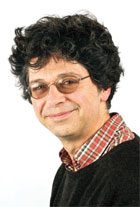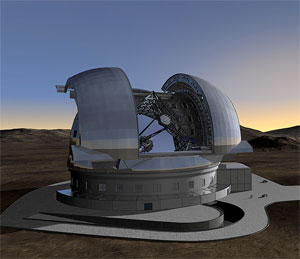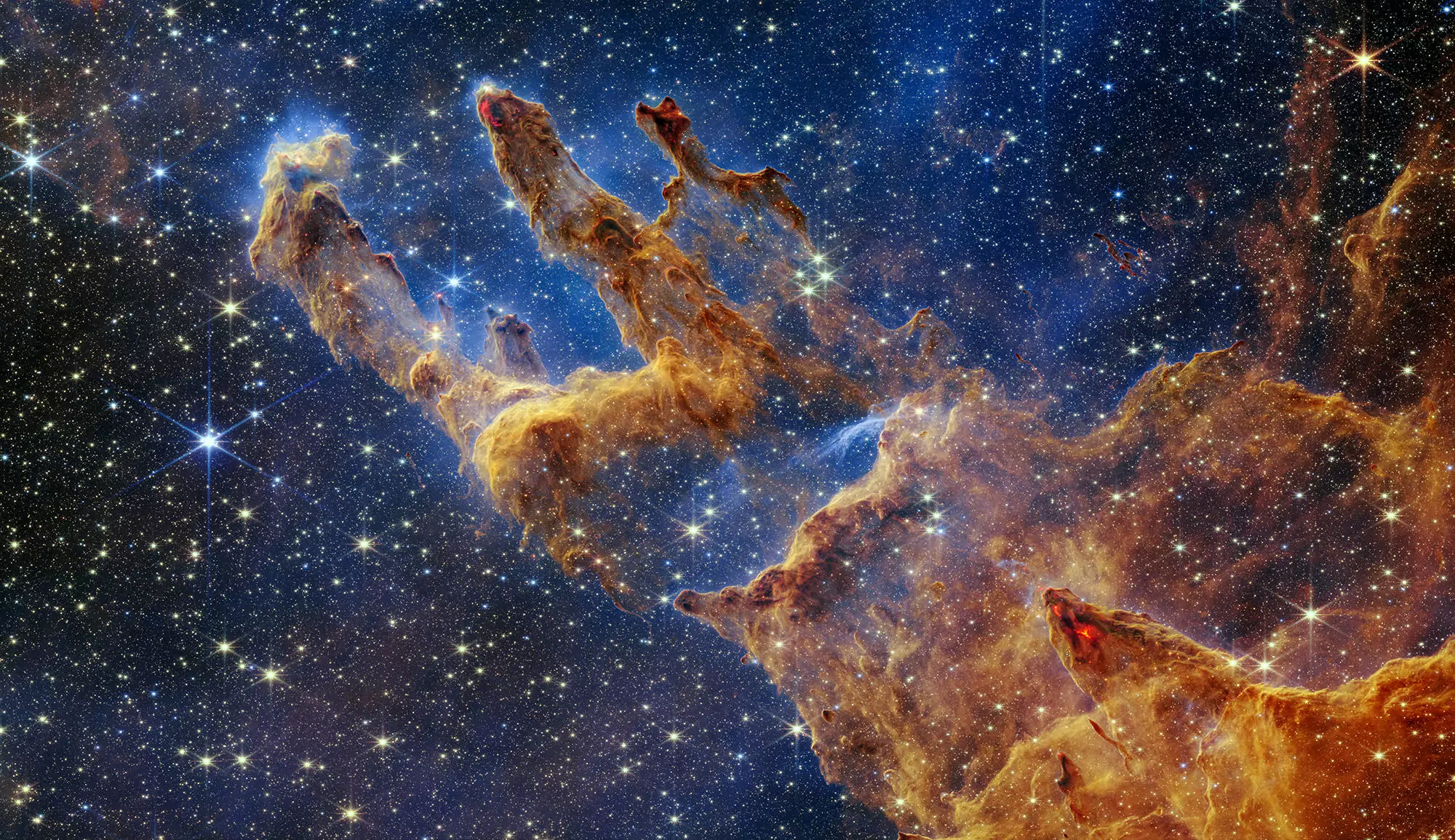
This year, the Academy of Sciences of the Institut de France and the Royal Dutch Academy of Arts and Sciences have awarded the Descartes-Huygens prize to François Hammer, an astronomer at the « laboratoire Galaxies, Etoiles, Physique et Instrumentation » - GEPI – which he created and directed at the Paris Observatory. The 46 000 € award is shared with Ieke Moerdijk, a Dutch mathematician. The two laureates are scientists of international standing. They have been selected for the excellence of their collaborative ventures.
Cosmologist, instrumentalist, and specialist on the birth of galaxies
François Hammer, 53 years old, has worked on gravitational lenses, and showed, in 1986, that they are responsible for the luminous arcs discovered in clusters of galaxies. During a stay at the Canada-France-Hawaii Telescope in 1992, He was among the four pioneers there who conducted the first deep survey of galaxies, multiplying by 150 the volume of the known Universe. He has recently proposed a new scenario for galaxy formation through massive collisions. He has shown that our own Milky Way has avoided most of these collision events. Author of over 100 scientific papers, he has directed 14 doctoral theses ; he is also active in the popularisation of science. He was commissioner for the exhibition Cosmos, un cheminement jusqu’aux confins de l’Univers (Cosmos, a journey to the ends of the Universe) presented by the Observatoire de Paris at Palais de la découverte (Science Museum), in 2009, and at Musée de l’air et de l’espace (Air and Space Museum) at le Bourget, in 2010.

The Dutch jury honoured the competence of this instrumentalist, co-inventor, with Eric Gendron and Frédéric Sayède at the Observatoire de Paris, of the technique of “Multiple Object Adaptive Optics” - MOAO. He has co-directed the installation of the Giraffe instrument in 2002, and X-Shooter in 2009, at the Very Large Telescope of the European Southern Observatory, on the Paranal mountain in Chile. He is currently leading a multiobjet spectrograph project for the European 40 m Extremely Large Telescope on mount Armazones. Thanks to this prize, François Hammer and his Dutch colleagues will be able to work on the design and construction of the spectrograph which, by the year 2020, could well be ... the most important instrument on the world’s largest telescope.
The Descartes-Huygens prize
Created in 1995, at the Hague, by the French and Dutch governments, the prize is awarded annually to two scientists, one from France and the other from Holland. The disciplines follow a three year cycle : mathematics, the science of matter and of the Universe (laureate in 2011), the life sciences (2012), the social sciences and the humanities (2013). Il is given under the aegis of the Academy of Sciences of the Institut de France and of the Royal Dutch Academy of Arts and Sciences.

